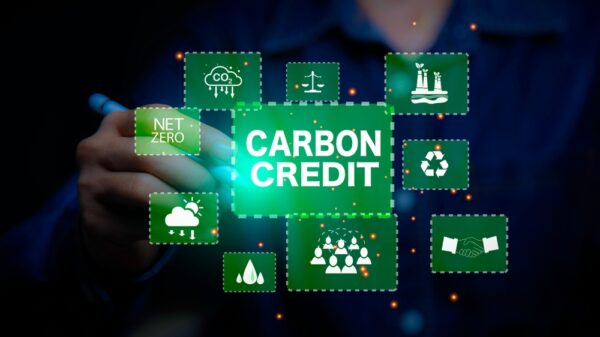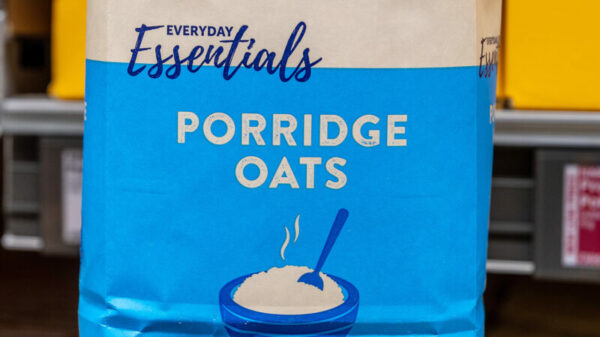Defra will work with industry to reduce methane emissions in livestock, through using techniques like methane-suppressing feed products.
In total the UK agricultural sector accounts for 10% of total greenhouse emissions in 2019, while methane emissions contributed substantially to this figure. Overall, agriculture is responsible for around for 48% of the gas, according to the government.
Methane suppressing food products are defined as synthetic compounds which can be added to or included in animal’s diets to help them produce less methane when they eat. This includes methanogenesis inhibitors, seaweeds, essential oils and organic acids.
Subscribe to Sustainability Beat for free
Sign up here to get the latest sustainability news sent straight to your inbox each morning
Methane has more than 80 times the warming power of other gases including carbon dioxide, and has a longer-lasting effect.
The move from Defra to encourage the use of these products and develop a plan to grow the market as part of its net zero growth plan.
“We are fully committed to achieving net zero greenhouse gas emissions in the UK by 2050 and it is vital that we continue to explore ways to assist farmers in sustainable food production while also further reducing emissions from agriculture,” said farming minister Mark Spencer.
He continued: “We will continue to work closely with industry to develop a mature market and mandate the use of safe and effective methane suppressing feed products in suitable cattle systems in England as soon as feasible.”
Other initiatives including using the gas released by livestock for power, for instance to power vehicles.
At Waitrose’s Leckford Estate, the retailer has trialled the use of methane to power tractors, as it endeavours to create a circular system on the site.
John Lewis Partnership also partnered with ReFuel to create the first biomethane refuelling station for its HGV trucks.










